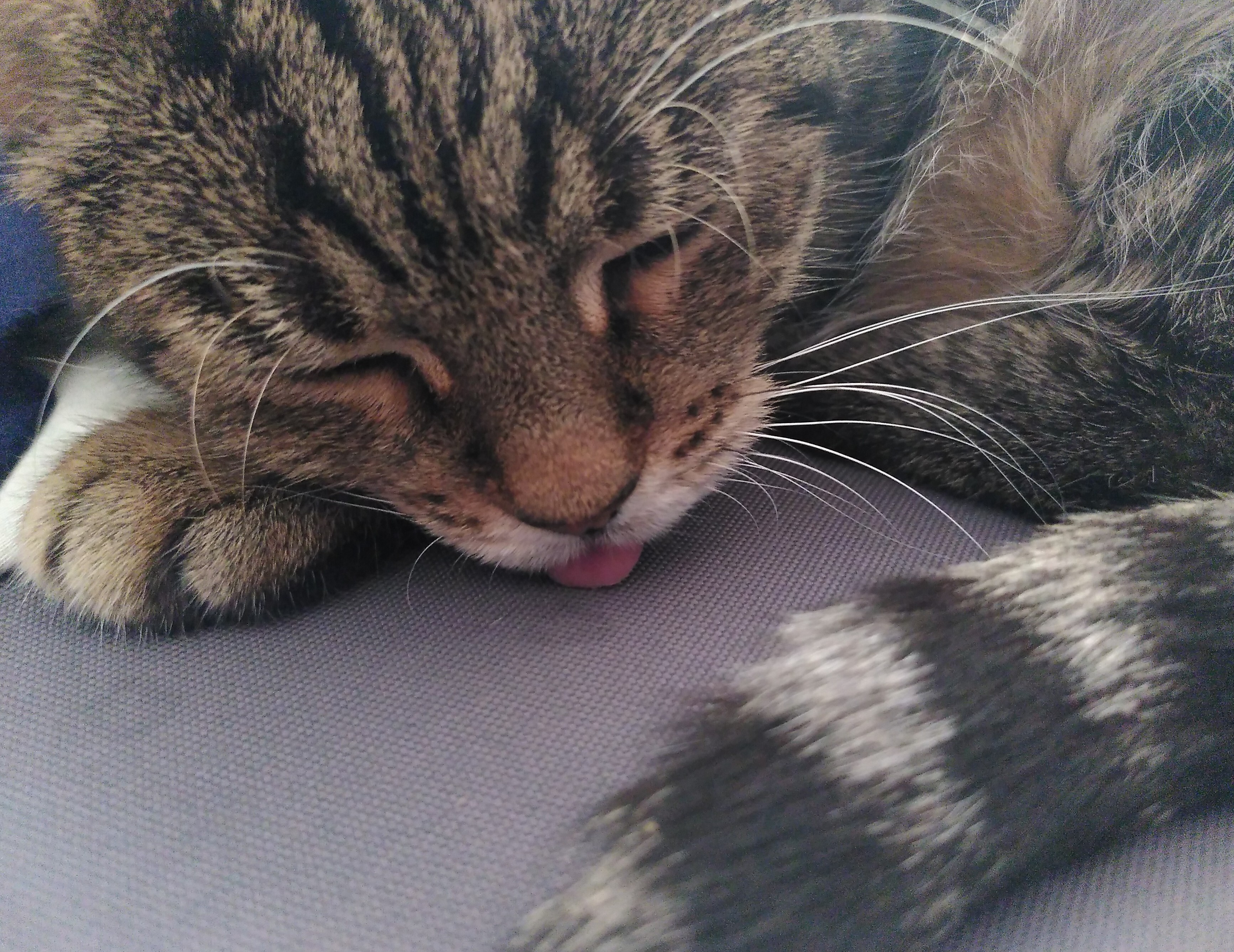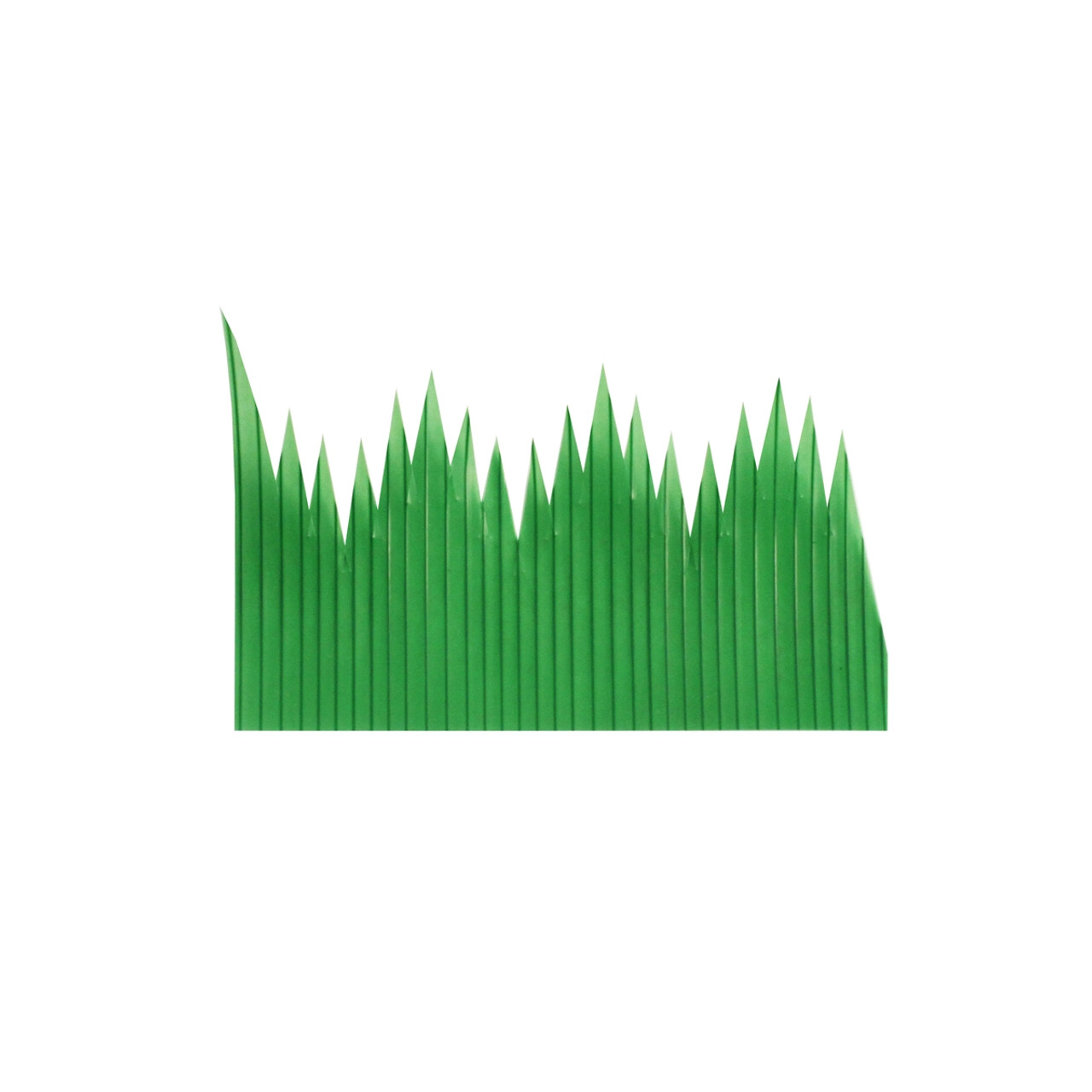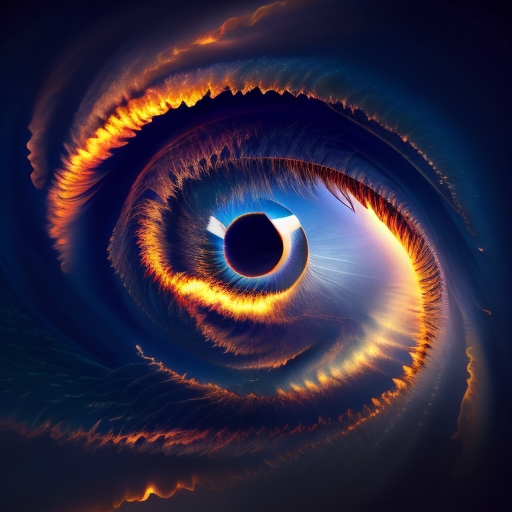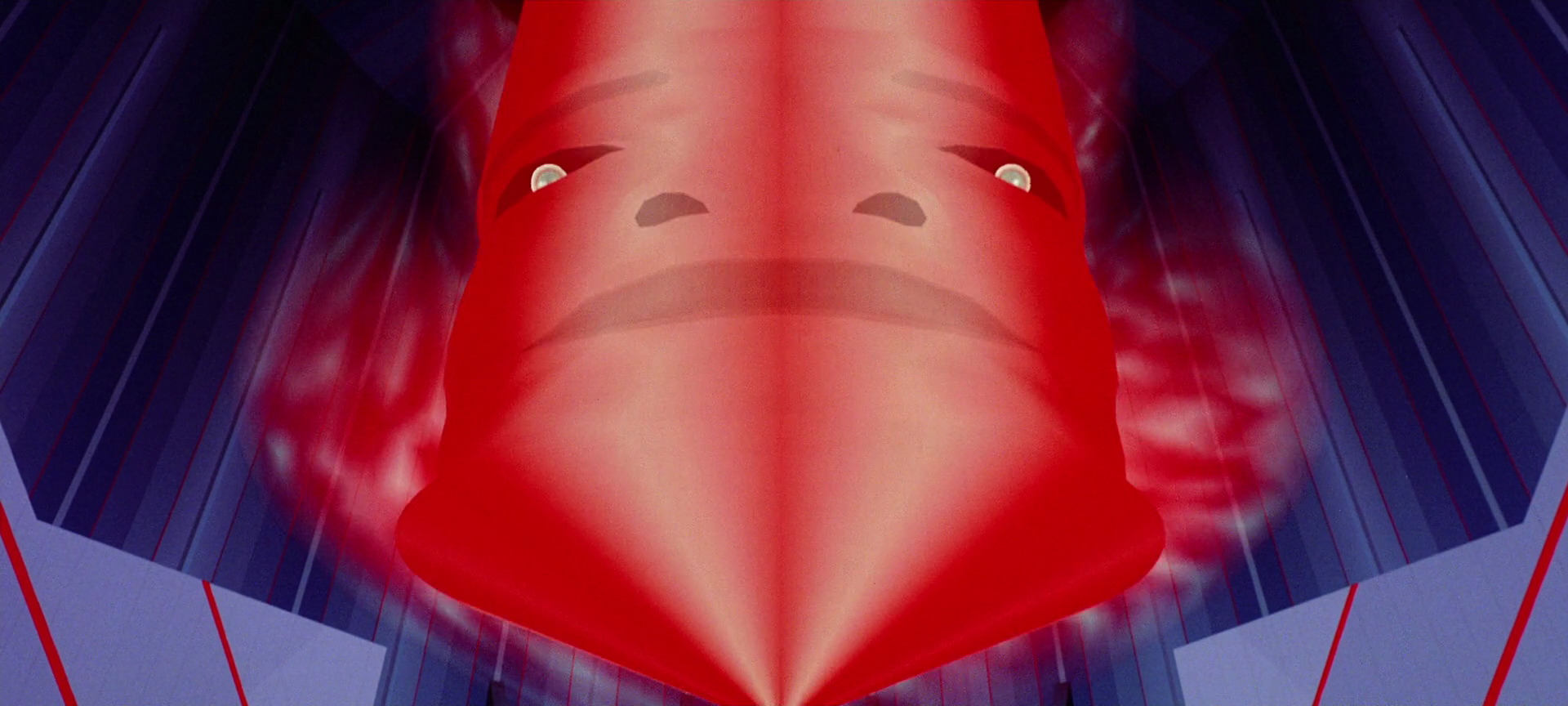The sun dial worked during daylight, but how did people agree on what time it was at night before clocks were invented?
Bro why you trying to divide the day into so many chunks the industrial revolution hasn’t happened yet just go to bed
yeah, i need to. good call 👍
Sleep until you get woken by the cock
Woah, history is a lot cooler than I tho– oh the bird
How did you imagine it otherwise ? Wait i don’t wanna know .
nope. inappropriate.
There were some timekeeping approaches, including candles marked with the hours based on burn rate (also used as alarm clocks by sticking metal things in them that would fall on a bell or metal dish below), but there also wasn’t a lot of reason to know the time accurately at night. Hell, in the time before clocks, there wasn’t much need to know the time accurately in the day. People used sunrise, noon, and sunset as the major markers.
Even up to the advent of trains, time was very localized. Timezones didn’t exist, and people would just come to a general consensus on what time it was, often via a clocktower or similar structure.
I remember reading once that if you time traveled back to Europe anywhere beyond 200 years, the majority of people would not know what year it was. All they understood was summer winter summer winter, someone born two years ago, someone died five years ago, that’s it.
The church kept track of Holy days but even that was an ongoing controversy with everyone.
You could go back to 1123 and there might be a hundred people that kept track of the year but even they wouldn’t agree with one another.
So how do we know it’s really 2024?
By comparing historical accounts of known events with stable periods, like eclipses or comets.
I thought we figured out it wasn’t though? If we were counting time correctly it would be 2028-2030 right now.
Faith and common belief … it’s the same system that basically works for many of the cultural ideas outside of actual science that we all use. Money, calendars, time, historic cultural units of measurements … all based on belief, habit and repetition.
We don’t know if it is actually 2024 … we just have 8 billion people (maybe 7,999,999,998 if you and I don’t agree) who all believe that it is 2024 that is all.
Huh… i man, I guess over time, timekeeping began to solidify. So when did we actually start keeping a common date? I know some religions or cultures think it’s way off of 2024. But when did a strong common use of calendars come About?
This simply isn’t true. People kept track of the year, even if it wasn’t the Julian calendar, stuff like “the third year of the reign of king George”.
Honestly, even in the world after the invention of clocks knowing the time down to the minute isn’t very important for most people most of the time. Sure, it can be useful on occasion, but people put way too much emphasis on way too small of time units way too often.
The only thing is that it severely limits the options to meet somewhere when all you got is dawn, noon, and dusk.
Sure, but pretending you’re all going to meet at exactly 4:37 or whatever is just lie. Nobody is actually accurate down to the minute in their casual lives, and using units that are more precise than they are accurate is just lying about your accuracy. You can use modern clocks without pretending that single minutes matter. That’s why some people still talk about things like quarter hours even when using digital clocks. That’s a much more human kind of timescale.
Matters for public transport tbh
Matters for public transport tbh
Which didn’t operate on that strict a time schedule (if at all) in the time period OP is asking about.
Fair. I’d hate to show up to my bus 5 minutes early just to realise it left 10 minutes early, though
Hey, if you live in a place where the public transport actually shows up when it’s supposed to that’s nice for you, I guess, but where I’m from pretending that the public transport is accurate down to the minute is also a lie.
I do, if it’s early it just waits. Although tbh usually it’s 1-2 minutes late which isn’t a big deal
Yep, quarter hours are how we normally function today. Which is fine and I wholly agree. You still need the second for that system to function though, as you can’t get that without measuring time.
I mean, the actual length of a second is pretty arbitrary. We could use a different basic unit of time and still be fine, but I get the point you’re making. I was never trying to argue that the invention of the clock was a bad thing, just that modern society has a problem with overly precise “measurement” of things that themselves aren’t actually as consistent as the measurements.
Germany enters the chat.
There were things like tracking guard shifts after sundown but the candle or an hourglass would be sufficient for that. It’s usually a case where you don’t actually care about what time it is now but you do care about time elapsed.
deleted by creator
I’ve been living in the future but I should’ve been living in the past
The future is then now!
The stars have a very predictable pattern to them, ancient people had nothing better to do at night than look up, and since there was no light pollution it was quite a show.
Depending on the time of year, some constellations would be visible all night and move across the sky. That’s where the original Zodiac signs came from.
This past winter, I started using Orion as a clock while I was out walking the dogs in the evenings. Got pretty good and could guesstimate the time to within about 30 minutes.
That only works until about 3 am or so, but if I was out more often that late, I could probably just pick a different constellation.
Look at this fancy mf able to see Orion at night without it being blocked out by ludicrous amounts of light pollution
Things should get better when Betelgeuse goes supernova.
That fucker needs to hurry
How long do you spend walking your dogs!? Just look at the clock when you go out and won’t you still be accurate to within 30 minutes when you get back?
Ha, I phrased it poorly.
What I meant was that I started noticing Orion’s position in the sky at certain relatively fixed times. After a while, I could just look at where it was, relative to the horizon, and determine the current time within about 30 minutes (between about 5:30 PM and 3 AM when it’s above the horizon here)
could guesstimate the time to within about 30 minutes.
Which is more than precise enough for the people in the time OP is asking about.
It’s actually easier to tell the time using the stars rather than the sun, because the elevation of the sun is hard to estimate without using a device like a sundial; but there are always stars near enough to the horizon that their elevation can be estimated with the unaided eye.
Wouldn’t I have to know where stars usually are in order to know the time at night? With the sun all I need is to know which is west vs east.
In theory, yes. In practice, you only have to watch the first night, pick a recognizable star pattern. Follow it across the sky during the night and from then on you can use that first read as your reference. Specific stars, their names or whatever is irrelevant as long as you can find the same group of stars every night. Without light pollution it is trivially easier as far more stars are visible and constellations are obvious.
Without light pollution most people can identify the stars with a few nights practice.
Things like Orion and Ursa Major are dead easy. Cassiopeia isn’t hard either. And then with less light pollution you have Andromeda and such.
Good thing overcast skies weren’t invented yet.
They actually didn’t for the most part, hour level divisions were mostly for the sake of tracking time in the daytime, when having that level of precision could be important for things like jobs or time sensitive tasks, but at night all that really mattered was that you got to bed with enough time to get a full night’s sleep.
Precise time came to humanity with the railroad. Until then no one cared very much about whether it was 11:35 PM or “around midnight” or “way past bedtime.” Train timetables were the first thing that made minutes matter to the general public.
Mariners cared about time and preferred to be as precise as possible, but did pretty well telling local time by the stars. Finding longitude was a problem until good clocks came aling though.
Well if by “precise time” you mean “minute hands regularly being included in pocket/wristwatches” then yes. But we did have mechanical clocks for a couple hundred years by that point which were more precise than “around midnight” or “way past bedtime”. Given their linear nature, and measurement by the hour, even without a minute hand you could tell when it was quarter past, half past, quarter till an hour.
So I got scooped on the whole candle thing, which I really wanted to go with. Instead, I’m going to pivot and say that accurate timekeeping - day or night - was actually driven by the needs of navigation. 
You could get a pretty good idea of when it was based on the position of the sun and stars, as long as you knew where you were. The opposite is also true - you could figure out where you were, as long as you knew what time it was (and had the appropriate charts/data). The problem was that, while sailing around the world, ships often didn’t know either one.
For rough purposes, people used things like candles. In some cases, monks would recite specific prayers at a given cadence to keep track of time overnight and so know when to wake the others. These methods, as well as later inventions like the pendulum clock that used a known time component to drive watch mechanisms, were all but useless for navigation due to inaccuracies. They were good enough in the 1200s to let the monks know when to pray, though.
To touch on the reciting of prayers, they would also use that to time mixing of substances and what little medical procedures they had. Neat!
Is that where the idea of witches reciting incantations while mixing potions comes from?
The first pendulum clocks “broke” when shipped to other parts of the world. They didn’t keep the same time as the place of manufacture because gravity was ever so slightly different (Earth being an oblate spheroid) approaching the equator slowed the clocks down enough to slowly lose time.
There were so many problems with monitoring time. Even today I always dread it a bit. While we’ve tried to at least move the issues from the mechanistic to the philosophical, we still run into things like the Y2K and the 2038 problems. Hell, I remember running into an issue with calculating leap years and such as an undergrad.
I like to think that, if nothing else, it gives me a greater appreciation for Discworld.
Fun fact: we’re pretty sure this is why hourglasses (or sand clocks in general) were invented! They flow at a pretty consistent rate even on board a ship, and were basically just a tweak on the design of a water clock.
This was also why the uk put massive prizes out for the first devices that could be used to accurately calculate longditude.
Yup! I really love the whole story there. It was sort of like the space race but with tall masted ships and pirates and such.
I mean, you also had the slave trade, but if you blithely ignore the discomforting parts of history, reading about it can be fun.
-
An amusing way people used to wake up early was by drinking extra water before going to sleep. Their full bladder would wake them in the early morning hours (unless they overdid it, in which case they had to use the potty in the middle of the night and then overslept).
-
Animal noises. Most people had animals or lived near other people with animals, so the morning hours had a bunch of typical animal noises (animals, like humans, have an inner clock, and some animals are programmed to wake up before dawn).
-
Logs near the stove. A seasonal thing, but in winter, if you know you usually refill the stove 3 or 4 times during the night, you can tell how much of the night has passed through your wood stack.
The bi-phasic sleep thing also helped (take a good nap around noon, but also wake up at midnight and drink a beer with the neighbors). The point of midnight may have been rather arbitrary, though.
As far as I’m aware, candles were affordable, but the average person still couldn’t afford to burn down a candle every day to work or measure time, so once it got dark, normal work ceased and, at best, a family would meet in front of the stove and tell stories, knit or carve for a while.
- An amusing way people used to wake up early was by drinking extra water before going to sleep. Their full bladder would wake them in the early morning hours (unless they overdid it, in which case they had to use the potty in the middle of the night and then overslept).
I still try to do this sometimes
I learned this one from The Simpsons!
-
From my larping experience
-
Moon position, it’s not as reproducible as the sun, but you can really see the moon moving through the sky.
-
Light, especially in summer, it starts to get night around 22, is pitch black at midnight around 3-4 you start to guess some light in the sky, at 5 it’s not day yet but you can see without a torch, and at 6 it’s bright.
-
Candle and fire-pit aren’t objective clock, but still a way to evaluate how much time has passed.
It’s funny you say candle, because there were actually fire clocks that were very accurate. They couldn’t tell you what time it was, but they could tell you very accurately how long they had been burning. If lit before nightfall and timed with a sundial, they were capable of rather precisely telling what time it was at night.
Similarly, sand clocks have been a thing for thousands of years. Think hourglass, but with different size holes and made of different materials with larger volumes.
They’re post is almost completely backwards. Early alarm clocks were nails put into the side of predictably burning candles, that would fall out when it burned down to a certain point, which would happen at a predictable time.
Additionally, while you could probably tell the time from the moon, that would require it actually being up that night/time and then understanding a lot of complicated things about it’s motion around us to have any sort of accuracy. I bet only a few astronomers have even been able to do this. Also it would be 100% reproducible because it’s not like the moon makes random movements, it’s perfectly predictable.
Would it be that complicated if people knew the lunar cycle, especially since the lunar cycle is fairly static? Not everyone I’m sure but those that needed a better time would probably understand and pass that knowledge along for the night folk. Of course depends when in technology we’re talking but I’d assume we humans understood those cycles pretty early for our survival, not in depth but they got the idea the lunar cycle didn’t change like the seasons did and adjust as needed. I haven’t read up on it so I’ll be glad to hear more info.
The issue with using the lunar cycle for timekeeping at night is that the moon is not always visible in the sky at night. It is also not at the same spot in the sky every night, so the math on describing the time based on moon position is actually pretty complex, and unreliable for a consistent overnight clock. You might think that tides could be used as well, but it that is even more complex. In fact, some of the first analog computers were created to do the calculus required to solve the question of timing and tides.
We think sand clocks have only been in use since the middle ages, and the reason they were invented is pretty interesting. (At least in Europe; I’ve looked into this before and couldn’t find any other sources, but I may just not have looked hard enough).
For reasonably accurate time keeping, people had been using water clocks since at least the 16th century BCE. Basically the same idea as a sand clock, but water, which was slightly easier to feed into a reservoir. We don’t think sand clocks really saw any use until the 13th or 14th century CE. Mostly, people needed to keep more accurate time on ships as oceanic voyages became more common, but the movement of the vessel messed up a water clock too badly to be useful, and pendulums had the same problem. So, enter a sand clock! Basically the same idea as a water clock, but way less prone to errors from the ship’s movement.
(edit: some spelling)
Ooo, you touched on one of my favorite clock history tidbits, Maritime timekeeping. It is so fascinating. Like, the only reason spring-driven rotational oscillation mechanisms were invented was for maritime clocks. They were needed for accurate longitudinal calculations and really enabled the whole golden age of sailing. (yes, I am leaving out the Peloponnesian peoples, but they are a super awesome topic for another post)
More accurate than moon position would be the position of the stars. Throughout the year, the stars around the Earth remain the same but as the Earth orbits the Sun, the Sun appears to be “in” different constellations as the Earth rotates, but it rotates at the same rate during the night as during the day. Each star rises and sets just like the Sun does, so by knowing which stars rose just as the Sun set, you can figure out the approximate time (approximate because it changes through the year).
Alternatively, the North Star and the stars around it appear to rotate once per day, so you could check the orientation of those stars to determine time, again by noting which part points towards the Sun.
The main interest of the moon position is that it’s a bright object, everybody knows. No need any specific knowledge. Now that while you had this conversion the moon moved a lot, so expect that so many hour have passed. It’s rough but sufficient
-
Water clock was a possibility but uncommon. Early industrial age was a person that you paid to come bang on your shutters until you responded.
Most people just kept a circadian routine. Another trick is to simply drink as much water as you need so that you will wake up after a given amount of time.
The idea of time as a unit of measure that is critical for task completion is a rather new invention of current culture.
THE Big Dipper’s angle can be used to tell time at northern latitudes. It stays in the sky all night. I was told by a Blackfoot elder that they used it as a clock on clear nights.
The position changes with both time of night and time of year. Regular observers can tell time by the angle the constellation sits at.
Oh hey! I actually read into this recently. It came from wondering what exactly “The Witching Hour” was, and apparently it was invented by Christians and it’s between 3am and 4am. I thought “oh hey that’s interesting when did that start?”, and then when I read that it may have started back in 1535 I was like “Wait how the fuck did they know it was 3am in 1535? When were clocks invented?!”
So that’s when I found out that mechanical clocks actually date back to the 1300s
So then I was like “well how did they tell time at night before that?” and it ends up that all the way back in the 16th century BC, they had these things called water clocks. So basically, they had figured out the sun dial a few hundred years before that, and while tracking an hour, they had 2 vessels, one full of water and the other empty. They would have the water flow from one to the other so that when the top vessel was empty, x amount of time had passed (for sake of simplicity call it a hour), then they would pour the water back into the top vessel to measure the next hour, and they were able to do this without the sun. It was basically the same concept of an hourglass (which actually didn’t come around until 1000 AD) but with water.
And before sundials and water clocks? I dunno. I guess they just went to sleep when the sun went down, and woke up when it came up, and didn’t plan things around specific times. Sounds pretty nice, honestly.
Star movements probably. They also knew how long certain things would burn for. There were even candles that would be marked specifically for hour counting.
Yup, the ancients loved stars. It was strangely common for multiple cultures to create these weird observatories that were mostly for observation of a single star associated with different seasons.
Mechanical options were usually used by people trying for some form of efficiency either social or to mark distance. Marking time on ships was very important for accurate mapping for instance.
As for most of society meeting up at a given time just took longer as everything was more of a rough estimate. Some of the accounts have been guessed at as people didn’t write details about how they approached time down. It’s been hazarded that the day marked your doing productive stuff period and you set out your routine for days in advance so people knew where to find you if not exactly when you’d be doing it. Evening was your social planning time where you’d meet up and share details of your to do list with the people who needed to know.
I once spent a week with a whole bunch of people camping on a big property for a Medieval recreation event where we had volunteer work to do on the property and agreed to attempt to explore time as our ancestors knew it. We all ditched our watches for two weeks. It was actually generally fairly relaxing? Everything moved a little slower but not by that much. There wasn’t any way to have much anxiety about not being precise so you just got used to people showing up during a wider span. If there was somewhere people needed to be around a specific time the person hosting the event just dispatched some runners to the places you knew people were going to be and people became more conversational as they passed along info. Actually very basic conversation had a lot more interest because passing along knowledge of what you knew was happening elsewhere became an actual topic of combined mutual interest instead of very boring comparisons of time tables.
That type of event sounds fun
It very much was! There were construction projects, games tournaments, arts… You’d think that the absence of clocks meant that people would be habitually miss things but I don’t think people did more than usual.
Now I want to do that…
I recommend it. Experiencing that kind of temporality made me realize how much the mass adoption of clocks impacts our experiences. I never expected the degree to which I would pay more attention to the people around me.
I crave this experience…
some towns hired people to wake the town for work, and someone else would be hired to wake them up. some societies studied the stars and moon to tell the time at night. and like others stated, there were candles, lanterns, and furnaces to tell how much time has passed. people were more in tune with their environment
How did the wakeyuppymen know what time to start wakeyuppying, tho?
He gets woken up by the wakeyuppy-wakeyupperer, who in turn is woken up by the wakeyupper-wakeyupper-wakeyupperer.
Basically, at least one person had to be awake at any given moment or society would collapse. It happened once and they didn’t recover for hundreds of years, that’s why they called it “The Dark Ages”.
A wakeyuppyman is never late, nor is he early. He arrives precisely when he means to.
sunrise probably
Cities which had someone blow a horn to wake everyone up would also have watchmen walking the city at night. Presumably, they would wake the next person up when their shift ended so that someone is awake at all times.
One method was the use of candle clocks.
They did. Also Water clocks.
- Just don’t use them at the same time next to eachother, == no_clock
deleted by creator




















